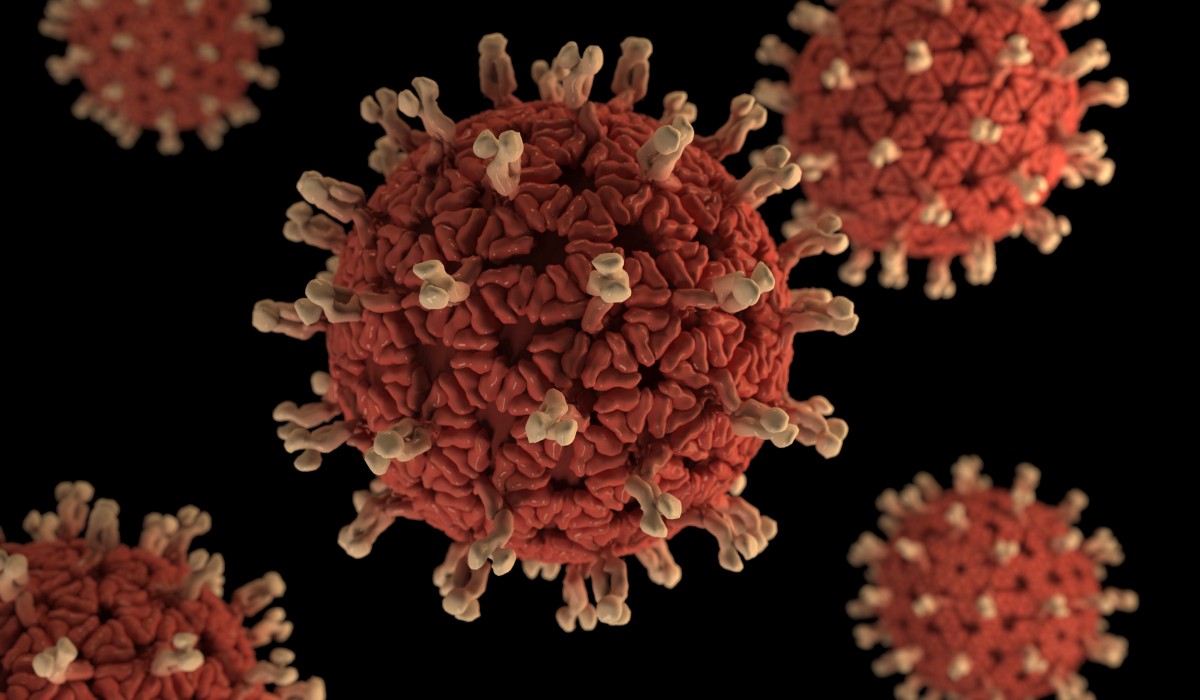Research Topic : Vaccine Development Against COVID-19
About this Research Topic
The vaccines currently approved for use against COVID-19 are
mRNA-based vaccines and replication-defective adenovirus-based vectors. These
COVID-19 vaccines represent new classes of vaccine products, which show to be
highly effective in preventing severe COVID-19 infections with hospitalization
or death. Nevertheless, some knowledge gaps on how these vaccines work remain
to be filled, including adjuvant mechanisms, in vivo fate of these vaccines,
and the possible causes of some observed but rare side effects.
Many other vaccine candidates are in (pre-) clinical development and could
potentially have advantages, ranging from cross-reactivity against SARS-CoV-2
variants, safety, and production simplicity. Scientific reports on the
successes and failures of these novel vaccine technologies are needed for the
development of next-generation vaccines against COVID-19, to democratize
vaccine access, as well as for vaccine research and development in general.
In this Research Topic, we welcome contributions of original research articles,
as well as reviews in the field. The aim is to provide an overview of the state
of the art and to highlight recent discoveries and future prospects of COVID-19
vaccines. Potential topics include, but are not limited to:
• Pharmacokinetic-pharmacodynamic (PKPD), mode of action, and safety of
COVID-19 vaccines
• Vaccine interactions with the immune system, including adjuvant mechanisms,
and delivery aspects of the vaccine delivery system.
• Successes and failures of (pre-)clinical vaccine candidates
• Assessment of COVID-19 vaccines
• New opportunities: mucosal vaccines, combination vaccines, boost vaccine
approaches…
• Pharmaceutical challenges, such as solutions for storage and large-scale
production issues.
Keywords: COVID-19, Coronavirus, Vaccine Delivery System, Nanovaccines, (Pre-) Clinical Candidate.
Important Note: All contributions to this Research Topic must be within the scope of the section and journal to which they are submitted, as defined in their mission statements. Frontiers reserves the right to guide an out-of-scope manuscript to a more suitable section or journal at any stage of peer review.
Ref: Frontiers


